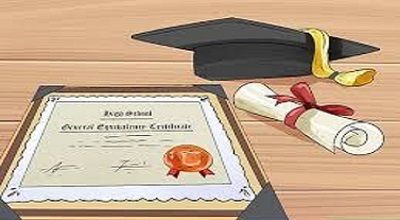Education is Needed to Become a Nurse
To become a Nurse, you typically need to follow a specific educational path. The educational requirements can vary slightly depending on the type of nursing career you are pursuing. But here is a general overview of the education needed to become a registered nurse (RN) in the United States, as it is a common nursing role:
High School Diploma or Equivalent
- Before you can begin your journey to become a nurse. You must have a high school diploma or an equivalent credential like a GED.
Prerequisite Courses
- Most nursing programs require you to complete certain prerequisite courses in subjects like biology, chemistry, anatomy, and mathematics. These prerequisites can vary by program, so it’s essential to check the specific requirements of the nursing schools you’re interested in.
Nursing Education: There are a few different paths you can take to earn a nursing degree:
- Associate Degree in Nursing (ADN): This is a two-year program offered at community colleges and some universities. It provides the basic nursing education needed to become an RN.
- Bachelor of Science in Nursing (BSN): This is a four-year degree program offered at universities and colleges. BSN programs provide a more comprehensive education in nursing and may offer more opportunities for career advancement.
- Accelerated BSN Programs: These programs are designed for individuals who already have a bachelor’s degree in another field. They allow you to earn a BSN in a shorter timeframe, often around 12-18 months.
- Clinical Experience: Regardless of the type of nursing program you choose. You’ll need to complete clinical rotations in healthcare settings to gain hands-on experience in patient care.
- Licensure: After completing your nursing program. You’ll need to pass the National Council Licensure Examination for Registered Nurses (NCLEX-RN) to become a licensed RN in the United States. This exam tests your knowledge and competency in nursing practice.
Optional Certification:
- While not always required, obtaining additional certifications in specialized areas of nursing. Such as critical care, pediatrics, or oncology, can enhance your career prospects and earning potential.
- Continuing Education: Nursing is a dynamic field, and ongoing continuing education is essential to stay current with best practices and advancements in healthcare.
Final words
Keep in mind that nursing education requirements may vary by country. So if you plan to practice outside of the United States. You should research the specific requirements for your desired location. Additionally, some states in the U.S. have additional requirements or variations in licensing. So it’s essential to check with your state’s nursing board for specific details.
